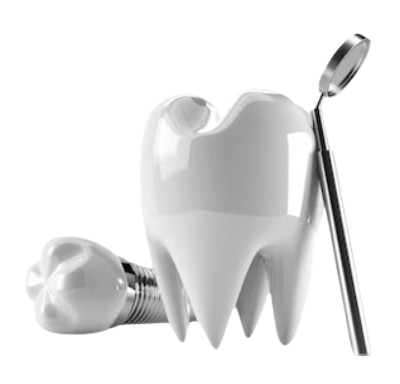
FLUORIDE IN GARLAND, TX
Topical fluoride treatments strengthen enamel, preventing cavities between visits. Applied in various forms, they create a protective barrier for healthier teeth. Feel free to inquire about treatment options.
FLUORIDE
Topical fluoride treatments help keep your child’s teeth cavity-free between visits by strengthening the enamel. Depending on your child’s age, the fluoride may be brushed onto your child’s teeth or put into a foam tray and allowed to sit on their teeth. For younger children, a fluoride varnish is brushed onto the teeth. Fluoride varnish hardens when it comes in contact with saliva, forming a hard film that is brushed off later that evening.
Older children usually have a tray loaded with foam fluoride placed in their mouths for a specific amount of time along with a suction straw to remove any foam overflow and saliva. When the time is up, your child is told not to eat or drink for at least 30 minutes to allow the fluoride to work.
Our doctors and their hygiene team are happy to answer all your questions about fluoride treatments and treatment options.
Ready to transform your smile?
Frequently Asked Questions

Fluoride is a natural mineral that helps prevent tooth decay by strengthening tooth enamel. Pediatric dentistry plays a crucial role in protecting children’s developing teeth from cavities.
When used appropriately, fluoride is safe and beneficial for pediatric dental health. However, excessive fluoride intake can lead to fluorosis. Pediatric dentists carefully assess a child’s fluoride sources and adjust recommendations to ensure both effectiveness and safety.
No, fluoride supplements are typically prescribed by pediatric dentists based on factors like the child’s age, fluoride levels in the local water supply, and individual risk factors for tooth decay.
Fluoride prevents tooth decay through a process known as remineralization and inhibition of demineralization. When teeth are exposed to fluoride, it helps to strengthen the enamel, which is the outer layer of the tooth, making it more resistant to acid attacks from bacteria and plaque.


